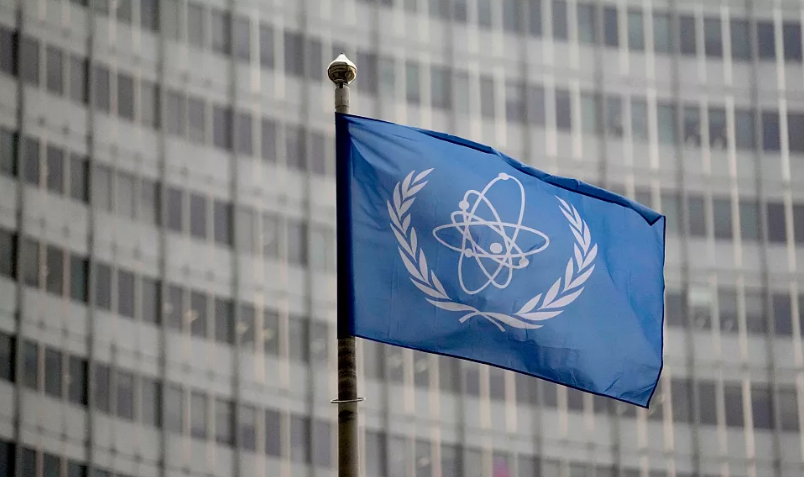In a major escalation of tensions over Iran’s nuclear programme, the International Atomic Energy Agency (IAEA) has formally declared Iran to be in non-compliance with its nuclear non-proliferation obligations for the first time in 20 years.
At a meeting in Vienna on Thursday, the IAEA’s 35-member board of governors adopted a resolution backed by the United States, the United Kingdom, France, and Germany. The resolution criticised Tehran’s continued failure to cooperate with IAEA inspectors, citing “many failures” to explain the presence of undeclared nuclear material and activities.
The motion was supported by 19 countries, while Russia, China, and Burkina Faso voted against it. Eleven countries abstained and two did not cast a vote. The board expressed “deep regret” over Iran’s conduct and noted that the IAEA is now “not able to verify that there has been no diversion of nuclear material,” raising concerns that Iran’s programme may not be exclusively peaceful.
The decision follows an IAEA report last week stating that Iran has stockpiled enough uranium enriched to 60% purity — near weapons grade — to potentially manufacture nine nuclear bombs, if it chose to do so.
In response, Iran denounced the resolution as “political” and announced plans to build a new uranium enrichment facility at a “secure location.” The Atomic Energy Organisation of Iran and the Iranian Foreign Ministry issued a joint statement rejecting the resolution as lacking technical and legal justification. Tehran also vowed to upgrade its enrichment capabilities by installing sixth-generation centrifuges at the underground Fordo facility.
The development threatens to derail ongoing diplomatic efforts to revive the 2015 nuclear deal, known as the Joint Comprehensive Plan of Action (JCPOA), which originally offered Iran relief from international sanctions in exchange for limits on its nuclear activities. The agreement has steadily unravelled since former U.S. President Donald Trump withdrew from it in 2018 and reinstated harsh sanctions.
Since 2019, Iran has increasingly violated the JCPOA’s terms, enriching uranium beyond permitted levels and restricting IAEA inspections.
A sixth round of talks between Iran and the U.S. is set to take place this Sunday in Oman, though prospects for a breakthrough appear dim. President Trump has said he is increasingly sceptical about reaching a deal, and reportedly held a tense call with Israeli Prime Minister Benjamin Netanyahu, who advocates for military action against Iran’s nuclear infrastructure.
Meanwhile, the U.S. has begun withdrawing non-essential personnel from several embassies in the region amid rising security concerns, and Israeli media reports suggest preparations for potential airstrikes on Iranian nuclear sites are underway.
Iran’s defence minister has warned of retaliatory strikes on U.S. military bases if Tehran is attacked, further raising the stakes in a volatile regional landscape.


